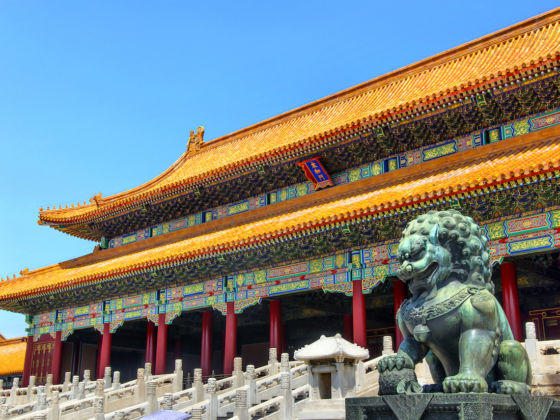Amid the violence of Tibet, a debate has emerged in the west: Should we boycott the Beijing Olympic Games?
Protesters in Paris disrupted the torch relay forcing officials to extinguish the torch 5 times. Similar incidents happened when they lit the Olympic torch in Greece and London.
